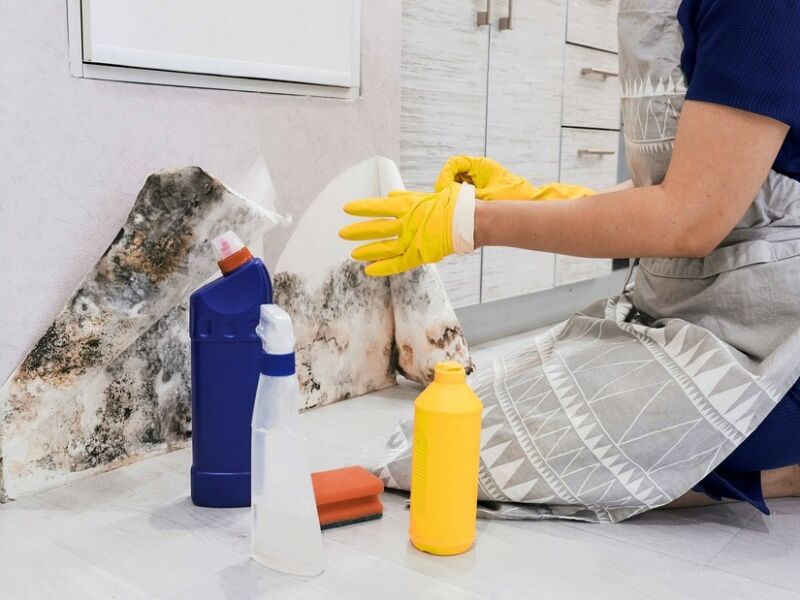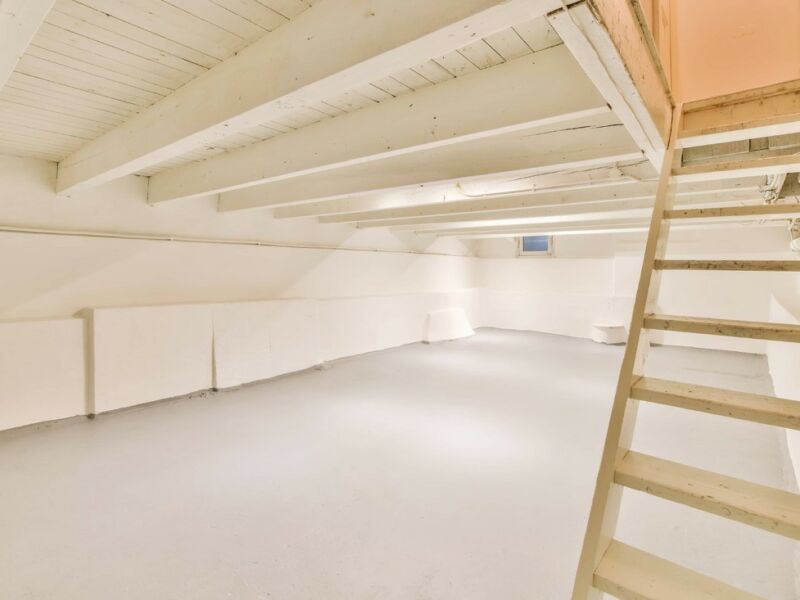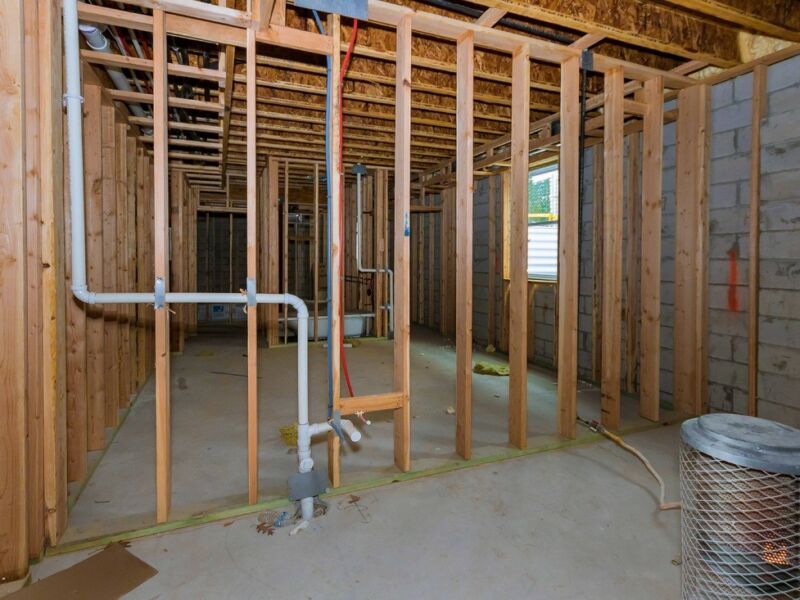
Burst Pipes: A Major Home Disaster
Burst pipes are one of the most common and destructive plumbing emergencies, causing significant damage to residential properties. They can lead to flooding, water damage, and structural issues if not addressed promptly. In this article, we will explore the seven common causes of burst pipes and provide strategies to safeguard your home against such disasters.
1. Freezing Temperatures
During winter, freezing temperatures can cause the water inside pipes to expand, leading to pipe bursts. Homes in colder regions are especially vulnerable to this issue. Ensuring proper insulation and taking preventive measures, such as keeping the heating system on during extremely cold weather, can help prevent frozen pipes.

2. Age and Corrosion
Pipes deteriorate over time due to age and corrosion. Older homes with outdated plumbing systems are at a higher risk of experiencing burst pipes. Regular inspection and replacement of old, corroded pipes are essential to prevent unexpected ruptures.
3. High Water Pressure
High water pressure can put excessive stress on pipes, weakening them and eventually leading to bursts. Installing a pressure regulator can help maintain a safe water pressure level throughout your plumbing system and reduce the risk of burst pipes.
4. Clogs and Blockages
Clogs and blockages in pipes can cause water to back up and exert pressure on the pipe walls, increasing the likelihood of bursts. Regular drain cleaning and avoiding flushing or disposing of improper materials can help prevent clogs and reduce the risk of pipe damage.
5. Tree Roots
Invasive tree roots can penetrate underground pipes, causing cracks and obstructions. Over time, these weakened pipes are prone to bursting. Regular tree root inspections, careful landscaping, and root barrier installations can help protect your pipes from root-related damages.
6. Improper Installation
Poor installation practices, using incorrect pipe materials, or substandard workmanship can compromise pipe integrity and increase the chances of bursts. Hiring licensed and experienced plumbers for installations and renovations can significantly reduce the risk of burst pipes due to poor workmanship.

7. Physical Damage
Accidental or intentional physical damage to pipes, such as drilling or construction-related mishaps, can lead to bursts. Ensuring proper identification and marking of the location of pipes can prevent accidental damage during renovation or repair work.
Safeguarding Your Home from Burst Pipes
Now that we have discussed the common causes of burst pipes, it’s important to know how to safeguard your home and minimize the potential risks. Here are some strategies to consider:
1. Insulate Exposed Pipes
In colder climates, insulating exposed pipes in unheated areas, such as basements, attics, and crawl spaces, can prevent freezing and minimize the risk of bursts during winter.
2. Maintain Adequate Heating
Keep your home heated during freezing temperatures, even if you are away, to prevent pipes from freezing. Set your thermostat to a minimum temperature that will ensure the pipes stay above freezing point.
3. Regularly Inspect and Replace Old Pipes
If you live in an older property, have a plumber inspect your plumbing system regularly and replace outdated pipes to reduce the chances of bursts due to age and corrosion.
4. Monitor Water Pressure
Install a pressure regulator and monitor your water pressure regularly to maintain safe levels and prevent excessive stress on your pipes.
5. Practice Proper Drain Maintenance
Avoid flushing or disposing of items that can cause clogs, such as grease, sanitary products, and paper towels. Regularly clean your drains to prevent blockages and reduce the risk of burst pipes.
6. Conduct Tree Root Inspections
Hire professionals to inspect your underground pipes for tree root intrusion. Implement measures like root barriers and careful landscaping to minimize the risk of bursts caused by tree roots.
7. Ensure Proper Pipe Installation
Only hire licensed and experienced plumbers for pipe installations and renovations. Ensure that correct materials and techniques are used to maintain pipe integrity.
By following these preventive measures, you can significantly reduce the risk of burst pipes and protect your home from the devastating effects of water damage.
Contact JGW Group Water Damage Restoration
If your home has experienced burst pipes and subsequent water damage, contact JGW Group Water Damage Restoration for immediate assistance. Our team consists of water damage restoration experts who can mitigate the damage, perform necessary repairs, and restore your home to its pre-loss condition.
JGW Group Water Damage Restoration provides 24/7 emergency water restoration services, including flooded basement cleanup, water extraction, mold remediation, sewage cleanup, and more.
For more information, visit our website or contact us today.
Additional Resources:
- Water Damage Restoration Vs. Water Mitigation
- The Best Water Damage Restoration Services of 2023
- Water Damage Restoration Collection Articles
- 8 Best Water Damage Restoration Services (2023 Guide & Reviews)
- Best Water Damage Restoration Services of 2023
- Water Damage Restoration: The Complete Guide
Note: The above links are provided for informational purposes and do not constitute endorsements or guarantees of services mentioned.



